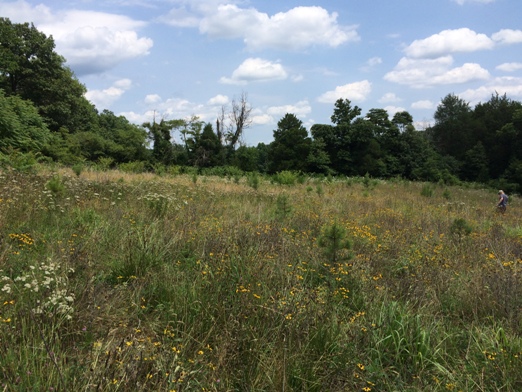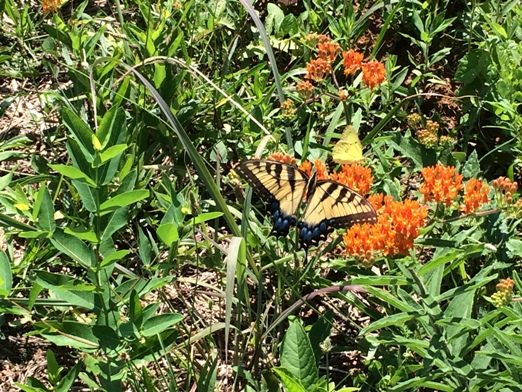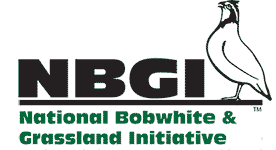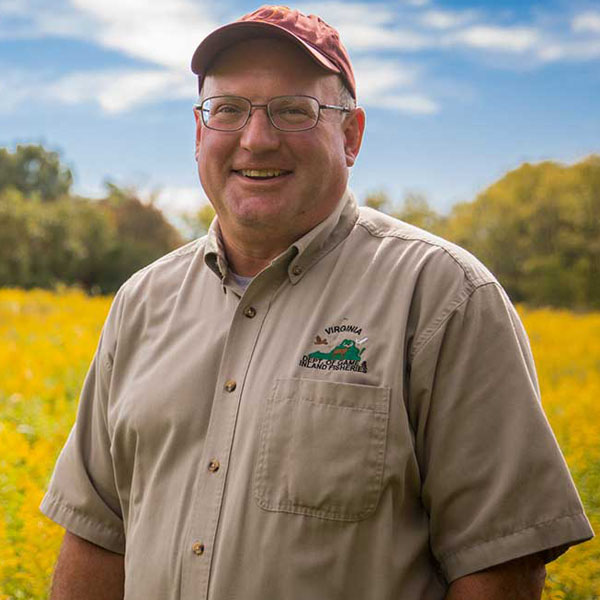I have been absent from the blogosphere since early June. It has been a busy summer so far. Not to mention a very troubling one with regards to some of what has transpired in our great country and around the world. I made the comment to a friend and colleague last week that I was afraid we ought to just put our American flags at half-mast and leave them there. It seems no sooner than we raise them back to full staff that another tragedy unfolds. I hope the future can return us to some sense of “normalcy,” but throughout history I am not sure that ever really existed for very long.

One thing I really struggle with sometimes given all that is going on in the world is how do I continue to believe in what I am doing? Some days I suffer from an existential crisis mood. I ask myself – why should anyone care about quail? About bees? About butterflies? About thickets, weeds, wildflowers and native grasses? About wetlands? About forests?
There has never been another species that has had as great a capacity to inflict atrocities on one another as ours. Going back as far in history as one can go, examples of the wholesale slaughter we have leveled on ourselves are limitless. But so are examples of our capacity to survive those cataclysms. It occurred to me as I thought about this that barring nuclear holocaust, we are not likely to bring about our extinction through war. As bad as things get, as horrible as times become…our species can survive those things.

But what we will not survive is the continued erosion of our ecosystems, or our continued loss of what Aldo Leopold referred to as a “land ethic.” It occurred to me that it won’t be the dramatic events that bring about our demise as a species. It will be the underlying, sometimes subtle things that go on around us every day that cause the “bottom to fall out” at some point. And therein were my answers.
I spent a good part of the last two weeks traveling around to various parts of our state looking at habitat projects of differing kinds. All around us was life and positivity on our site visits. Examples of landowners who, while still making income from their property, made decisions reflecting their love of the land and wildlife.
Projects ranged from reforestation of declining species of pines to incorporating wildlife considerations like reduced stocking rates and lower intensity herbicides, to a single project that incorporated hundreds of acres of native grass and pollinator plantings. These landowners counted on our professional recommendations to design and help them accomplish their projects. Many also relied on financial assistance from conservation cost-share programs.
Dedicated conservation professionals helped walk them through the process. At nearly every site we heard the “bob-bob-whiiiittte!!!” call. We saw countless numbers of pollinating insects. Plant diversity was improved at all sites. The only thing that dampened our thinking was the distance between good sites at times. We simply need more landowners inclined to do conservation-minded habitat work. And that is a goal worthy of our work. Our life’s chosen calling will become increasingly critical to the continued existence of our species. Our jobs are not glamorous, we rarely work in the spotlight (good or bad), and in most cases we do not risk our lives unreasonably in our profession. But what we do matters to our future on this planet.


